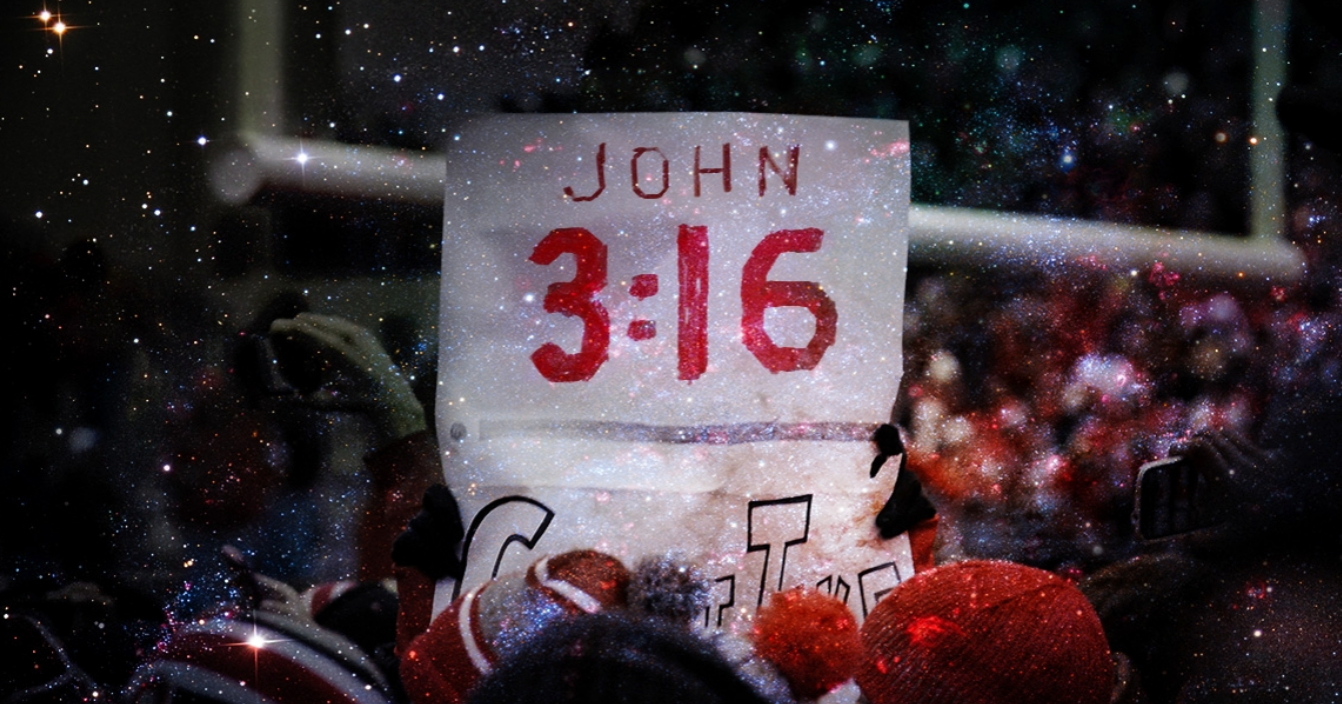Jonah, the son of Amittai, was a “minor” prophet whose ministry coincided with the reign of Jeroboam II, King of Israel. The one reference to Jonah outside of his prophecy is in 2 Kings 14:25 where his hometown is identified as Gathhepher. Interestingly Gathhepher was on the border of Zebulun, which immediately draws comparisons to the Lord Jesus. The Lord relocated from Nazareth to Capernaum, which is “upon the sea coast, in the borders of Zabulon” says Matthew 4:13. This was in fulfillment of Isaiah 9:1-2 says Matthew. “The land of Zabulon…by the way of the sea, beyond Jordan, Galilee of the gentiles; the people which sat in darkness saw great light; and to them which sat in the region and shadow of death light is sprung up”. Both Jonah and Jesus shared for a time the same hometown.
Jonah was a prophet. We could refer to him as “Jonah, the prophet”. However, Jesus was, “that prophet”. Priests and Levites from Jerusalem asked John the baptist, “Art thou that prophet?” John 1:21. He had to say “no”. That prophet they were referring to was a reference to Deuteronomy 18:15,18. “The Lord thy God will raise up unto thee a Prophet from the midst of thee, of thy brethren, like unto me…”. That was descriptive of the Messiah, the Lord Jesus Christ. Jonah was a prophet but Jesus was “that” prophet”.
Jonah’s predictive prophecies were true, however all prophetic revelation was fragmentary. Hebrews 1:1 says, “God who at sundry times and in diverse manners spake in times past unto the fathers by the prophets”. The Lord Jesus however, was the complete revelation of God to man. His revelation was not fragmentary, but full, as Hebrews 1:2 continues, “God…hath in these last days spoken unto us by His Son”.
Jonah was to go to Nineveh, the capital of the Assyrian Empire and pronounce God’s impending judgment, except they repent. The Lord calls Nineveh in Chapter 2:1, “that great city”. Why did Jonah find going to Nineveh so distasteful that he would disobey God and flee in the opposite direction? Assyria was a nation that would be used by God as an instrument of judgement against the sinful nation of Israel. Their repentance would lead to the city being spared judgment for 150 years. ( Later the city would be destroyed around 612 BC by an allied army of Medes and Babylonians, the fall of what was then the greatest city in the world. Babylon would then become the imperial center of the Mesopotamian world.)
Jonah’s path to fulfilling God’s will was to the east to Nineveh. Jonah’s path to fleeing God’s will was to the west to Tarshish (a southern port of modern day Spain).

While we don’t want to beat up on Jonah too badly and we certainly can identify with his failings, we sadly read however that rather than obey he fled, “from the presence of the Lord” (see verse 3 and 10). Perhaps Jonah would have done well to recall David’s Psalm 139:7, “Whither shall I go from Thy spirit? Or whither shall I flee from thy presence?” One has suggested Chapter 1 is Jonah running from God; Chapter 2 Jonah is running to God; Chapter 3 Jonah is running with God; Chapter 4 Jonah is running against God. How different from the Lord Jesus! Running from the presence of God? Never. In addition to acknowledging Jesus Christ is the incarnate God, we can also say that God’s presence was with Him. Peter says in Acts 10:38, “How God anointed Jesus of Nazareth with the Holy Ghost and with power: who went about doing good, and healing all that were oppressed of the devil; for God was with him.” Jesus lived continually in the conscious enjoyment of God’s presence.
Here are some Jonah and Jesus moments in Chapter 1:
- Jonah – his name means “dove”. A lovely name for an awkward sort. We think of a “greater than Jonah” (Matthew 12:41) our Lord Jesus. In Luke 3 the Holy Spirit descends in a bodily shape like a dove upon him. A clean place of rest for the sole of the dove’s foot. (See Genesis 8, the raven and the dove).
- Jonah – he caused the storm. Jesus – he calmed the storm. Picture the Lord in Mark 4/Luke 8 calming the storm by the power of his spoken word. “What manner of man is this that even the wind and the sea obey him?”
- Jonah – asleep in the boat – tired in his sin. The Lord Jesus – asleep in the boat – tired in His service. The Lord showing evidences of His true humanity, resting in meekness knowing His Father was in perfect control.
- Jonah – “Come and let us cast lots”. The Lord Jesus, Psalm 22:18 says of Him, “they part my garments among them, and cast lots upon my vesture”. For Jonah the lot determined, “Whose guilty? For the Lord, the lot determined, “Whose garments?
- Jonah – the sailors cried out in sincerity to the Lord Jehovah in verse 14, “lay not upon us innocent blood”. It brings to mind Pilate and his futile efforts to absolve himself from any guilt. In Matthew 27:24 we read, “ he took water, and washed his hands before the multitude, saying, I am innocent of the blood of this just person: see ye to it.”
- Jonah says in verse 12, “cast me forth into the sea, so shall the sea be calm to you”. Here we can appreciate a similarity to Jesus. In order for us to escape God’s judgment for sin, the figurative flood waters of judgment – our Saviour the Lord Jesus personally entered into that terrible experience for us. He was cast into the “sea” and the depths of God’s judgment when nailed upon the cross, his soul was made an offering for sin. Jesus endured the worst of the storm – now there is just peace and calm for you and me. In the Believer’s Hymn Book we sing the following, “The tempest’s awful voice was heard, O Christ, it broke on Thee. The open bosom was my ward, it braved the storm for me. Thy form was marred, Thy visage marred, now cloudless peace for me”. Thank the Lord!
- Jonah – the sailors having witnessed the stunning and awesome power of God in miraculously and instantly calming the storm are said to have “feared the Lord exceedingly” (verse 16). It brings to mind the reaction of the centurion at the cross. They watched Jesus, they saw the earthquake, they saw the things that were done. Matthew 27:54, “Now when the centurion, and they that were with him, watching Jesus, saw the earthquake, and those things that were done, they feared greatly, saying, Truly this was the Son of God.”
- Finally, the chapter concludes in verse 17, “Jonah was in the belly of the fish three days and three nights”. The Lord Jesus Himself gives us the meaning of the sign in Matthew 12:40, “for as Jonas was three days and three nights in the whale’s belly; so shall the Son of man be three days and three nights in the heart of the earth”. The Lord Jesus was buried in a new tomb, with an incorruptible body, for three days and nights and was then “declared to be the Son of God with power…by the resurrection from the dead” (Romans 1:4). He is alive for evermore. Some imagine away the miracle of Jonah’s whale tale – and cleverly point out that the creature from depths was a fish in Jonah and a whale in Matthew – and that a whale of course is not a fish but a mammal. We can refer to the root Hebrew and Greek words and note these are general words for all kinds of aquatic creatures and there is no apparent contradiction or error. This is not myth, or legend. This is real!
As we read even at the surface level of Jonah Chapter 1, with our eyes looking for Christ in all the scriptures we soon come to realize that even on the pages of this minor prophecy, “a greater than Jonah is here”.


